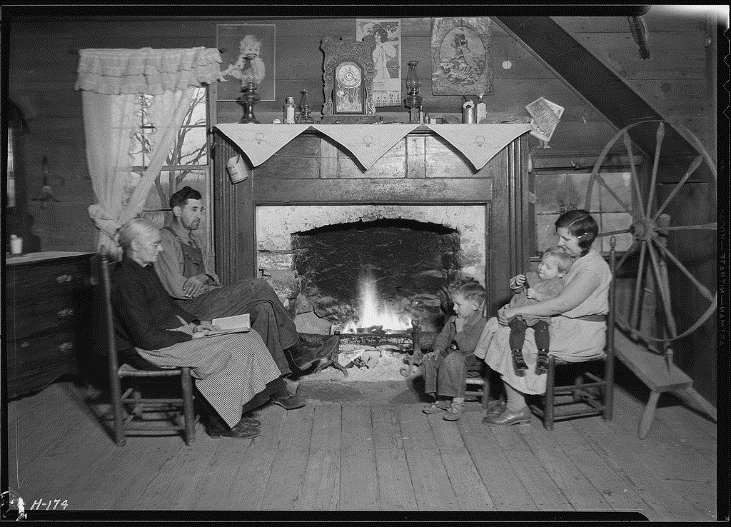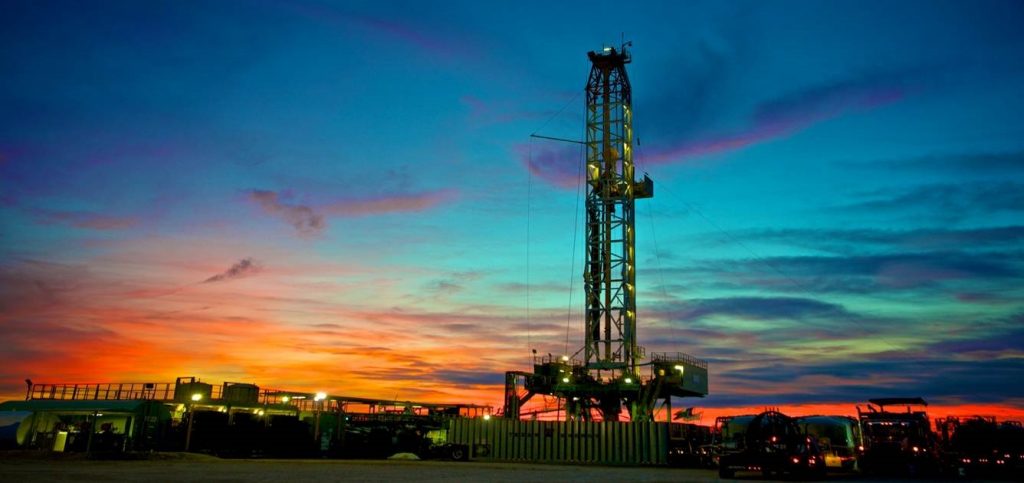As the Washington Post wrote this week, “The world is turning more and more to renewable sources of energy… to fight climate change. But what if climate change itself alters the distribution of wind, or sunlight… or river flows, and so changes or even shrinks the potential of these energy sources?” It just seems that we can’t win for losing. No source of energy is without problems, so what are we to do?
Can’t Win for Losing
If we continue to burn coal to generate electricity, we might destroy the Earth’s capacity to support life. If we switch to natural gas, then fracking might poison the water and set our faucets on fire. Biomass sounds good, but burning it also releases carbon dioxide into the atmosphere. Hydroelectric power requires dams, which destroy fish habitat. Solar panels take up too much space, and are too expensive to power a nation.
That leaves wind power, one of today’s favorites. But as we know, wind turbines chop up eagles and bats and migratory birds. Some people say the noise causes bizarre health problems. And now, there is another reason even wind may not work. Two new studies claim that man-made global warming is actually causing the wind to diminish significantly in some areas.

As one reporter wrote, wind energy is supposed to help fight climate change, but “climate change is fighting back.” Both studies conclude that estimates of wind energy’s potential may be flawed, because our use of energy is reducing the wind itself. As one of the authors put it, “Assessments of wind energy resource are usually based on today’s climate, rather than taking into account that anthropogenic greenhouse gas emissions continue to modify the global atmospheric circulation.”
These are real, serious scientific studies. The first was published November 24 in Nature Scientific Reports by three Harvard researchers, and the second, authored by three researchers in Boulder, was published December 11 in Nature Geoscience.
As the Washington Post wrote this week, “The world is turning more and more to renewable sources of energy… to fight climate change. But what if climate change itself alters the distribution of wind, or sunlight… or river flows, and so changes or even shrinks the potential of these energy sources?” It just seems that we can’t win for losing. No source of energy is without problems, so what are we to do?
I admit to feeling a little cynical about this today, because last night’s freezing cold wind messed up my Christmas lights, and I spent half the night outside in a frigid gale trying to put a little Christmas tree back together. So when I hear that the dreaded climate change may lead to warmer temperatures and less wind, I’m completely on board. In fact, it makes me want to stand outside with an aerosol can pointed at the atmosphere to make sure I’m doing my part to help.
The genuine skeptic will recognize, however, that there is a much larger question raised by these studies – and the scores of others that will surely follow, as long as there are government grants to university researchers. That is, will there ever be any source of energy upon which everyone can agree?
The answer is no, because not everyone shares that lofty goal. Instead, many activists are united by the notion that mankind’s presence is always bad for the environment. People are not part of the environment in this theory; they are an intrusion that should be stopped whenever and wherever possible. That requires government control, and nothing has more potential to provide that control than the concern about global warming. If everything mankind does can be said to affect the climate, then climate regulators would be able to regulate everything mankind does. So, climate regulators fund scientific studies, which inevitably back this view (he who pays the fiddler calls the tune). Such studies generate public concern, and public policy will follow.
Note a critical distinction in the two new wind studies. This wind reduction is not happening the same everywhere, but is especially noticeable in the two countries that have spent by far the most money developing wind energy – China and the U.S. Some readers might infer that it’s OK to continue investing in wind power in other countries, but may not be as effective here.
That hints eerily at similar policies that result in logging, drilling, mining, and manufacturing in other countries, so we can “protect” our own domestic resources. Those activities impact the environment anywhere, of course, but our conscience remains clear if we export those consequences elsewhere.

Some Americans may want to return to an earlier lifestyle, where they keep a milk cow and a couple hogs, raise beans in their own backyards, and eat year-round by canning a cellar full of mason jars. Me, I prefer grocery stores, cars, and comfortable homes powered by affordable energy. And if that results in slightly warmer temperatures and a little less wind, I’m probably OK with that.
This column originally appeared in the Grand Junction Daily Sentinel December 15, 2017.
Greg Walcher is president of the Natural Resources Group and author of “Smoking Them Out: The Theft of the Environment and How to Take it Back,” now in its second printing.
He is a former head of the Colorado Department of Natural Resources.
More information: www.GregWalcher.com
[paypal_donation_button]
Free Range Report
[wp_ad_camp_3]




I am so sick of climate change advocates. It has reached a point that infuses the ignorant to spew lies about those that refuse to believe what they believe. There is no science to this in what they believe. The earth will continue to have climate change but not because of any man made act.